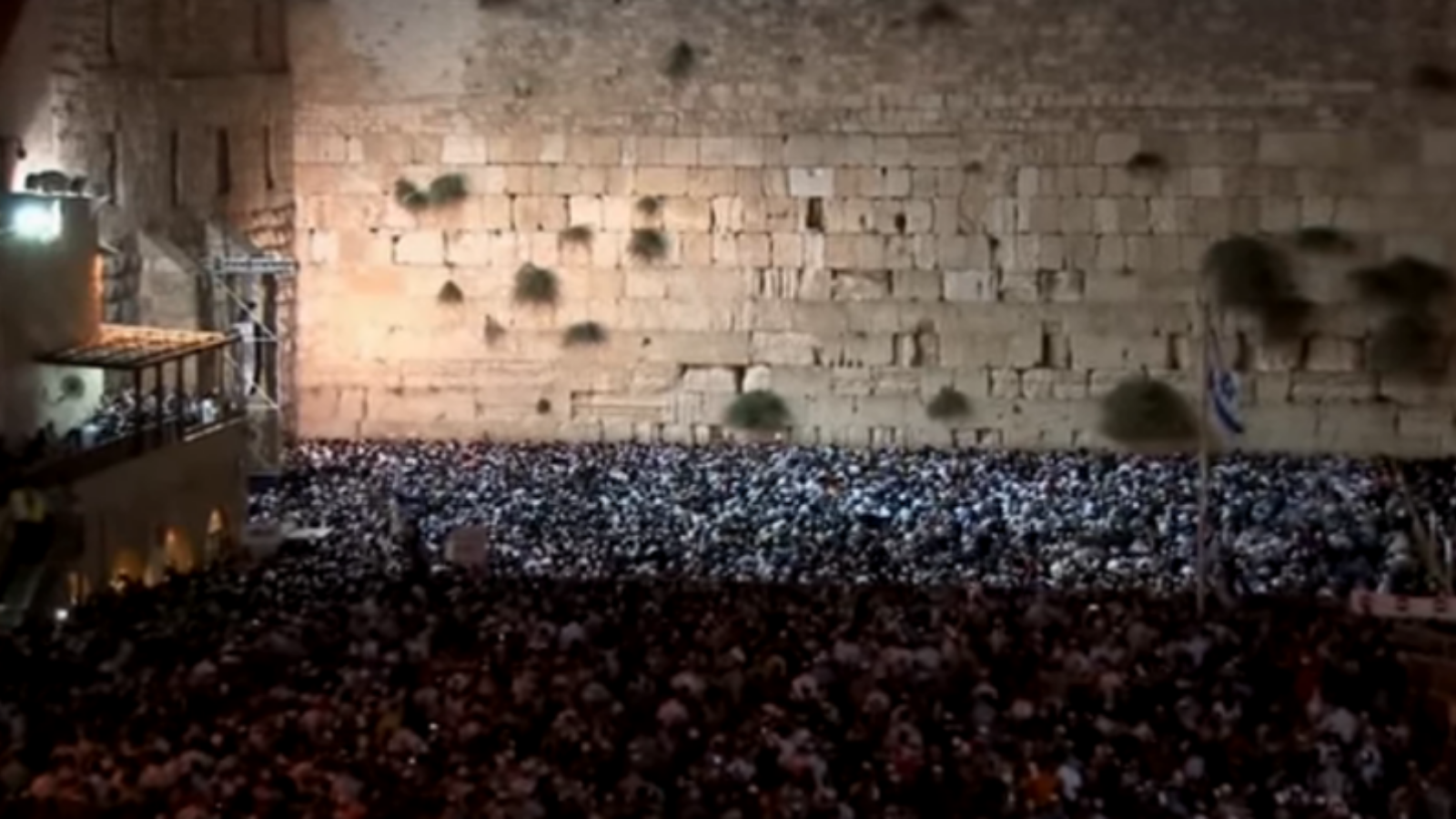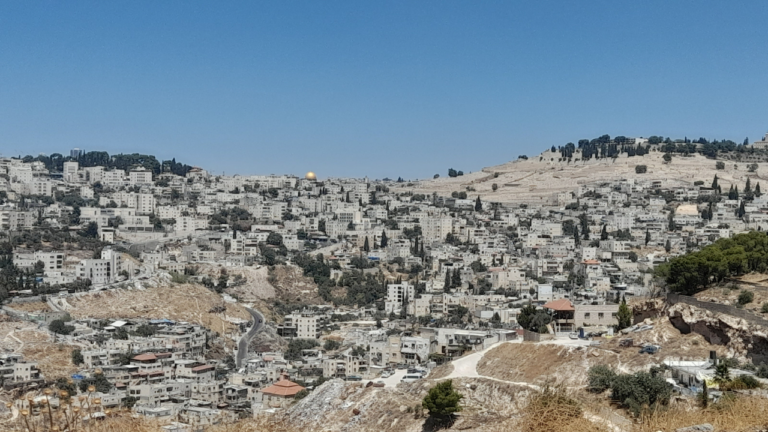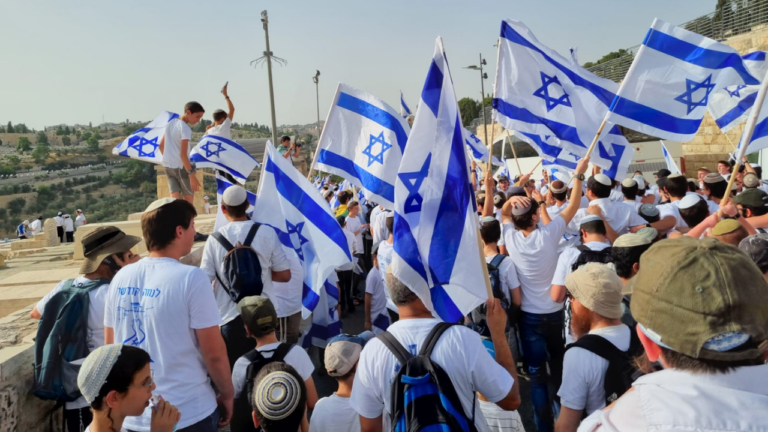Teshuva As A Return to Jerusalem
This week’s haftorah very fittingly is focused on teshuva. Hoshea movingly tells the people to take stock of their spiritual state and return to God. One would think that the haftorah would focus on the impurity of sin, the need to contemplate the direction of our individual and national lives and the need to engage in genuine repentance.
While these elements are present, one of the climatic verses at the end of the Haftorah hits a different note: “Those who dwelt in its shade shall return.” Rashi explains that this refers to those who had previously dwelt near the Beit HaMikdash but were currently exiled will be able to return to their initial abode. In other words, the paradigmatic haftorah about teshuva highlights the need to return to Yerushalayim.
We see from here an important lesson that is threaded throughout the passages in Tanach and our liturgy regarding repentance. Teshuva is not just a personal process that one needs to repent from one’s personal sins. Such a perspective is important but too limited. True teshuva entails a complete return to God which can only occur when the Jewish people have returned to Yerushalayim and are living collectively in God’s presence. It is for this reason that the haftorah about teshuva concludes with a call to return to Yerushalayim.
Similarly, the text of Selichot that we have been reciting for the past two weeks intertwines personal repentance with the return of the Jewish people to Yerushalayim. Perhaps this is most prominently expressed in Selicha 73 which is entitled “Yerushalayim.” On its own, one would think that it would appear in the Kinnot of Tisha B’Av as it is entirely a lament over the ruins of the Yerushalayim. Why would such a prayer appear in the middle of Selichot, surrounded by calls to repent from our sins? We once again see that personal repentance cannot be severed from our national return to Yerushalayim.
Another prominent place where this theme appears is the conclusion of the Yom Kippur machzor. After a full day of fasting and repentance over our sins we conclude the day with the fervent prayer “next year in Yerushalayim.” It is not enough that we become personally purified from our sins and feel close to God – this must lead to a return to Yerushalayim where the Jewish people can collectively bask in God’s presence.
As we enter Shabbat Shuva and Yom Kippur let us remember these two elements of teshuva. Yes, we must take a spiritual accounting of ourselves and genuinely commit to change our personal behavior. But this must be done with the mindset that this is part of the process that will ultimately bring the Jewish people as a whole back to their home – Yerushalayim.



